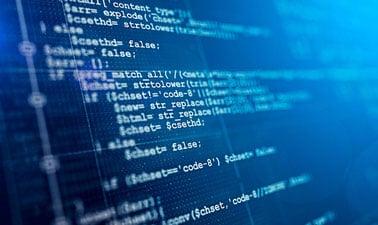MOOC List is learner-supported. When you buy through links on our site, we may earn an affiliate commission.

MOOC List is learner-supported. When you buy through links on our site, we may earn an affiliate commission.
Here you will find the complete program of the course:
WEEK 1 - Introduction
This section explains how to install Python in both Windows and MacOS machines. Also, it shows how we can interact with Python through graphical frontends available on all systems. In particular, Spyder and Jupyter Notebook are discussed.
WEEK 2 - Algorithms and Objects Python Objects
This section introduces the concept of algorithms in a very intuitive way and defines the very first objects we can work with in Python such as integers and floats. We will see how to work with these objects including strings of text. We will also see ways to print information on the screen and how to interpret errors in the code.
WEEK 3 - More Complex Python Objects
Integers, floats and strings are very simple objects. This section introduces more complex objects such as lists and dictionaries which are a collection of either of the previous objects. We will also discuss how to use and dispatch specific methods associated to a given object type.
WEEK 4 - Conditional Statements and Loops
This section explains how we can compare objects through conditional statement. Also, we will see how we can tell Python to execute a series of instruction in an automated way through loops. This is a rather important aspect since very often we are required to carry out repeated operations over a collection of objects.
WEEK 5 - Functions
This section introduces Python functions. This is a very convenient way to customize our codes and tailor them according to the job we are doing. We will see how to build very simple functions and how we can call them. Moreover, we will also show how we can nest functions to be even more precise in defining our tasks.
WEEK 6 - Data Frames
This section introduces additional Python modules, in particular, pandas. pandas is the state of the art module to deal with spreadsheet-like data structures called Data.Frame. We will cover standard operations to show why is important to be able to use specialized modules.
This course is part of the Data Science Program Professional Certificate.
What you'll learn
The Program aims to provide basic knowledge of Python for daily work activities. The main topics covered in the Program are:
- Gaining working knowledge of Python syntax
- Writing Python codes to automatically execute multiple tasks
MOOC List is learner-supported. When you buy through links on our site, we may earn an affiliate commission.
MOOC List is learner-supported. When you buy through links on our site, we may earn an affiliate commission.
